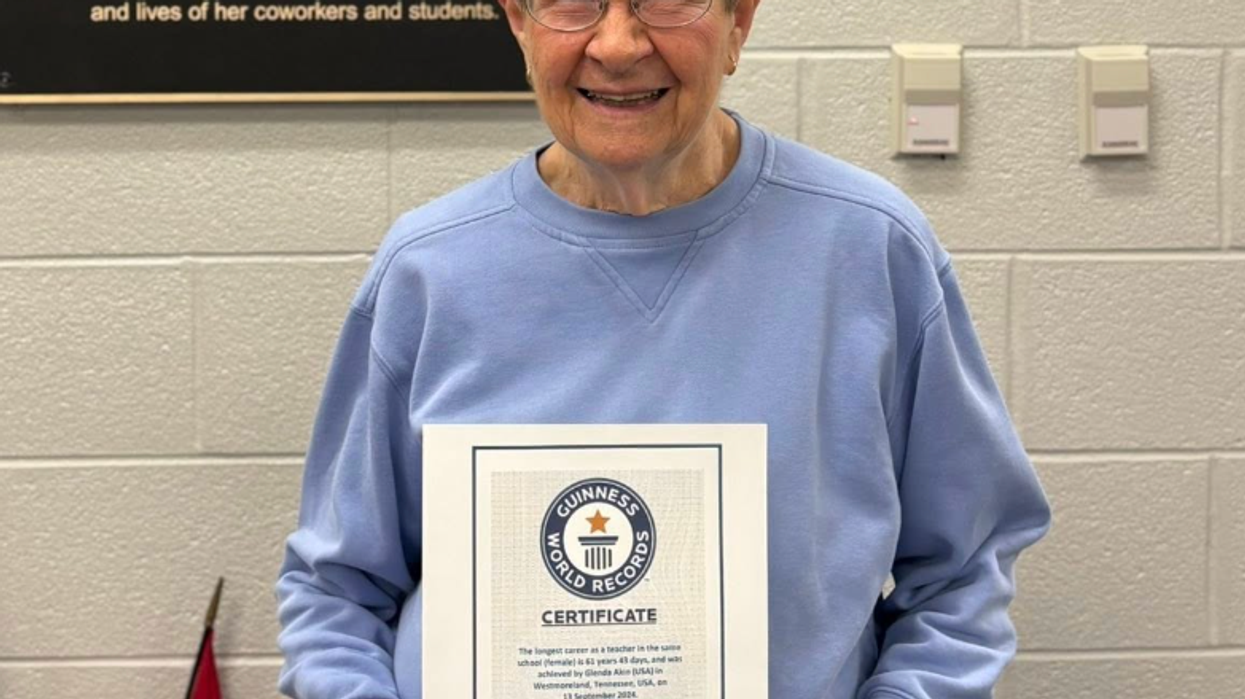Slow City
Cities could commit to a slower pace and maximum work hours (like France's 35 hour work weeks) to employ more people, and to make more time for participating in the learning environment. The city would create learning challenges, similar to Chicago’s One Book Program, that engage key stakeholders—including universities and businesses—along with individuals who have the opportunity to connect in public spaces (cafes, rec rooms, and so forth). The city would recognize, appreciate, and celebrate dedication to learning and accomplishment while enforcing limits that contribute to a healthy, learning lifestyle for everyone. This does not mean the pace of innovation slows, it just means there is more time for experimentation, learning, and balance.
This is part 42 of a continuing brainstorm on the future of cities, inaugurated at the CEOs for Cities Velocity conference in September, 2009. We’ll post a new idea each day until we run out, at which point we’re counting on you to come up with something smart. Do you have a good idea for improving your city? Add it in the comments below, or tweet it to @GOOD with hashtag #cityideas—we’ll publish the best ones. Monday's idea: STAYcation.















 Otis knew before they did.
Otis knew before they did.